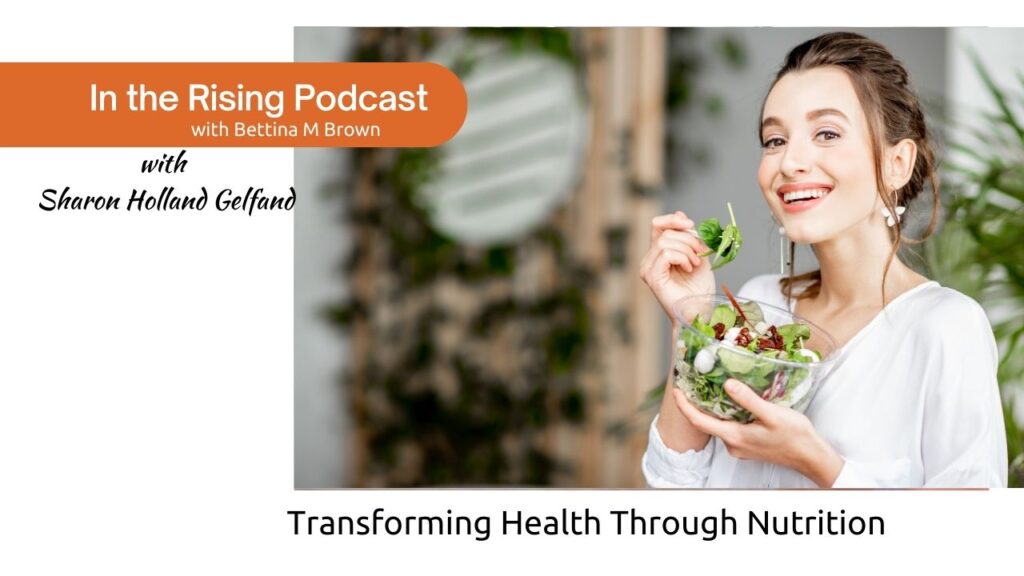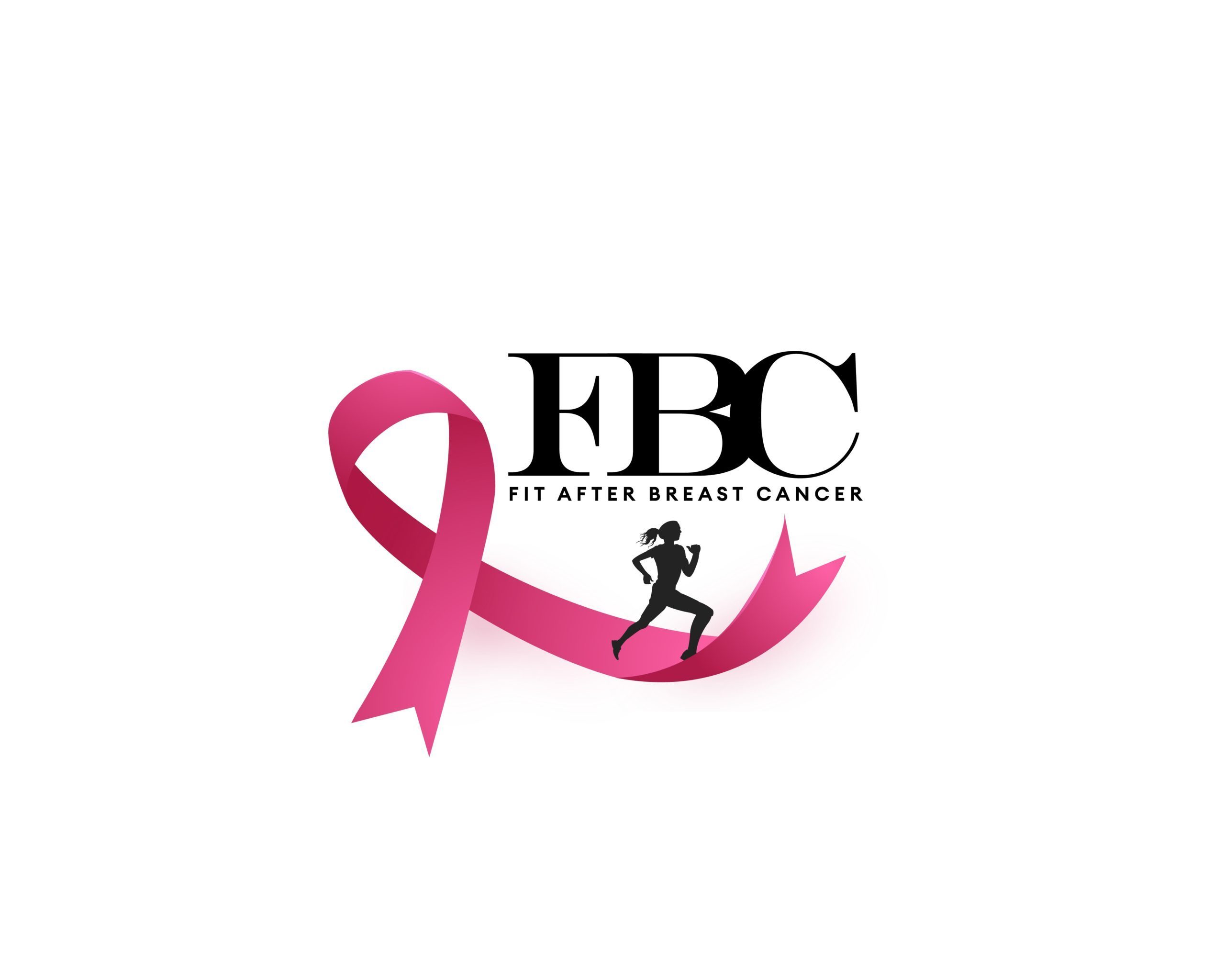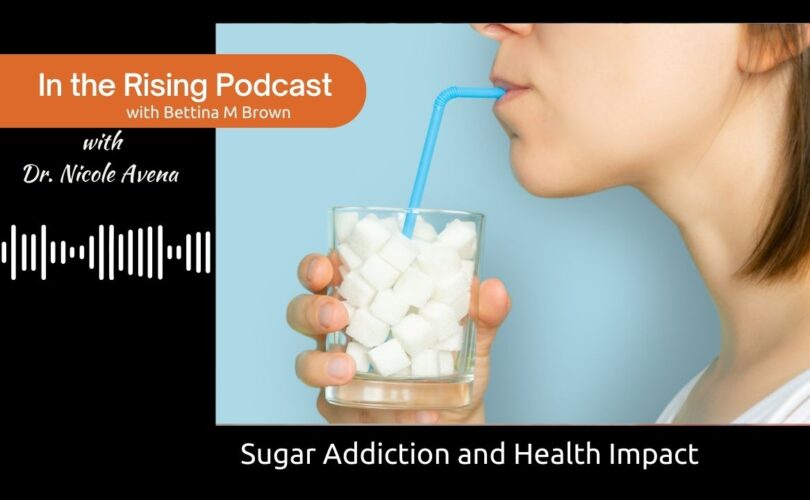In the latest episode of the “In the Rising” podcast, host Bettina Brown has a captivating conversation with Dr. Nicole Avena, an expert in food and sugar addiction. With over two decades of research under her belt and a remarkable journey that led to her intriguing findings about nutrition as medicine, Dr. Avena illuminates the complexities of sugar addiction and its gripping effects on our health.
Dr. Avena’s entrance into the field stemmed from a deep curiosity about obesity and its rampant rise during the early 2000s. At that time, societal perception largely attributed obesity to individual moral failing and a lack of willpower. However, during her Ph.D. studies at Princeton, Dr. Avena explored a novel hypothesis—could the highly processed foods laden with added sugars be driving an addiction similar to that caused by drugs or alcohol? Could this increase in sugar intake affect normal cells and create a higher risk of illness and obesity in the United States?
This question catalyzed her enduring research to understand whether sugar could indeed be as addictive as it seems.
Dr. Avena’s pioneering work initially used rats to unravel this mystery, leveraging similarities in neural circuitry between rodents and humans to draw critical parallels. Her experiments revealed startling behaviors that resonate eerily with human experiences. When rats accustomed to pressing a lever for sugar were suddenly faced with a non-responsive lever—akin to an unavailable treat—they continued to press persistently despite the futility of their actions.
This “resistance to extinction” reflects the overwhelming power of cravings that can overpower rational thoughts—hence why even when we know there’s no dessert in the fridge, we might check anyway, driven by that same indomitable urge for sweetness. The need for sugar consumption outweighed the logic that sugar was not available.
These groundbreaking insights affirm the intensity of sugar cravings and help explain why resisting sugary delights can be an uphill battle for many. With many types of sugary drinks, sugary foods, and high amounts of table sugar in our diet, having and maintaining a healthy body weight has become much more difficult.
Americans consume around 60 pounds of sugar yearly. Most of these are found in sports and soft drinks and are hidden sugars such as white bread and white rice. As cardiovascular disease is on the rise, weight loss reduces the glycemic index of individuals, and reducing the metabolic syndrome experienced by many has become an uphill battle. Through her extensive research, Dr. Avena has woven a compelling narrative about food’s neurological impact. This story redefines our understanding of diet-related health issues and challenges the misconceptions surrounding willpower in eating habits.
As we navigate our nutritional journeys, Dr. Avena’s expertise highlights the importance of acknowledging food’s addictive potential and cultivating mindful eating strategies as integral steps toward healthier lifestyles. With continuing education and awareness, perhaps we can redefine our relationship with sugar—one less spoonful at a time.
Are you intrigued by Dr. Avena’s insights? Delve into her newest book “Sugarless,” which promises a deeper dive into managing our sweetest vice for better health and well-being.

Does sugar cause cancer?
After my conversation with Dr. Avena about the association between sugar and obesity, high blood pressure, increased inflammation, and is associated with diabetes. With sugar being snuck into the American Diet through bread, soups, and condiments like ketchup, the public is eating sugar at rates higher than recommended. Americans’ daily sugar intake is several teaspoons higher than recommended.
Having had conversations with other guests on the podcast, I heard about sugar consumption and cancer. So, I decided to look into the relationship between sugar and cancer. While searching, I found information on non-sugar sweeteners, the myth of cancer and sugar, and the need to look into the oversimplification of biology.
Biology of Sugar and Dietary Guidelines
As we continue to look into cancer more, to reduce the risk of those having breast cancer recurrence and those reducing their risk of cancer in the first place, there has been a more intensive investigation into cancer and nutrition. One factor that has been looked at more intensely is the causal link between excess sugar and cancer.
The UK Cancer Institute’s blog on sugar and cancer shares the biology of sugar very well. One molecule of fructose combined with one molecule of glucose makes sucrose. Sucrose is equal to table sugar and is lovely in a nice cup of tea!
Multiple molecules combine to form chains called simple carbohydrates, and these are one of the main ways the body pulls energy from food to create fuel for daily living.
The body constantly needs this fuel to continue with daily activity. We can develop inflammation if we have an overabundance of certain fuels, like a lot of sugar, in our diet. Over time, chronic inflammation leads to other health concerns, including obesity.

Does Sugar Feed Cancer?
Not in the regular sense, like having exposure to radiation while working in a mine, can increase cancer. Excess dietary sugar helps create an environment that is more conducive to different types of cancer development. However, it is crucial to truly identify what cancer is in the first place and why it can be so hard to treat. All cells multiply and regenerate. When the cell copies are mutated to a point of non-repair or begin to replicate without stopping, we call this cancer. Since the cells themselves require the same nutrients as regular cells, how can you feed one type of cell and not the other?
The notion that sugar directly causes cancer has been a persistent myth, but scientific evidence does not unequivocally support this claim. While excessive sugar consumption can contribute to obesity and related conditions, which are risk factors for certain cancers, attributing cancer solely to sugar oversimplifies the complex nature of cancer development.
Cancer is a multifaceted disease influenced by various genetic, environmental, and lifestyle factors. While some studies suggest that cancer cells may utilize glucose for energy, the idea that dietary sugar is a direct cause of cancer lacks robust scientific backing. When evaluating cancer risk factors, it is crucial to approach health information with a nuanced perspective, considering the broader context of lifestyle choices, overall diet, and individual health conditions. Public awareness should be guided by evidence-based information to foster a more accurate understanding of the complex interplay between diet and cancer.
Since all cells (muscle, brain, heart, liver) require glucose to function correctly, how can we isolate which cells receive what?
How can the Warburg Effect Be used to treat cancer?
Warburg? Cancer research is not new. It has happened since the 1920s, though the same tools weren’t available. Otto Warburg, a German Biochemist and 1931 Nobel Laureate for his work on Physiology realized that cancer cells use glucose differently than healthy cells. He showed that cancer growth differed from the other cells in the body.
Cancer cells often use the less “productive” way of using glucose, creating an unhealthy environment for the body’s cells, but it doesn’t affect them. Can a diet change create a lower risk of cancer or be used in conjunction with chemotherapy and radiation? Further research into the ketogenic diet and fasting may help reduce cancer risk in those with very few risk factors.
The ketogenic diet, characterized by a low-carbohydrate, high-fat, and moderate-protein intake, has garnered increasing attention for its potential role in cancer prevention and treatment. While research is ongoing and not conclusive, some studies suggest that the ketogenic diet may exhibit anti-cancer properties, particularly in certain types of cancers.
Cancer cells typically rely on glucose for energy, and the ketogenic diet aims to shift the body’s metabolism towards ketosis, a state where it primarily burns fats for fuel. This metabolic shift may create an unfavorable environment for cancer cells, as they thrive on glucose. Additionally, the diet may reduce inflammation, a factor implicated in cancer development and progression.
Some animal studies have shown promising results, indicating that the ketogenic diet may inhibit tumor growth and improve outcomes. However, it’s crucial to note that human trials are limited, and the effectiveness of the ketogenic diet in cancer treatment remains a subject of debate among scientists and healthcare professionals.
Furthermore, while the ketogenic diet may hold promise, it should not be viewed as a standalone treatment for cancer. It is essential for individuals undergoing cancer treatment to consult with their healthcare team before making significant dietary changes, as the nutritional needs and tolerances can vary based on the type and stage of cancer.
In conclusion, the relationship between the ketogenic diet and cancer is a complex and evolving field of research. While early findings are intriguing, more rigorous studies are needed to determine the diet’s efficacy, safety, and potential integration into comprehensive cancer care strategies.
Interested in receiving up-to-date podcast episodes? Subscribe to In the Rising Podcast, and reach out to Bettina@intherising.com.


Interested in a positive dozen healthy and tasty recipes?
This is a gift for you =)
Interested in other ITR podcasts on nutrition?
Listen to these other ITR podcast episodes:
Madeline Clevin shares the importance of eating antibiotic-free food on the podcast, or you can read blog.




